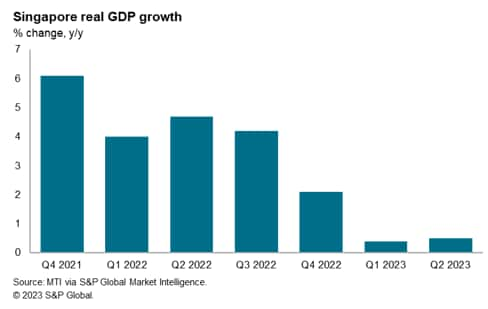In a strategic move to revitalize tourism post-pandemic, Singapore has secured an exclusive deal with global pop sensation Taylor Swift for the Southeast Asian leg of her highly anticipated Eras Tour. While the concerts promise a windfall for the city-state, some neighboring countries express discontent over the perceived economic imbalance.
Singapore’s commitment to hosting Swift’s six shows is evident in the reported nearly $3 million per performance, sparking discussions about the economic implications and concerns from Southeast Asian nations. The Singaporean authorities have acknowledged a grant from the tourism board to support the event but remained tight-lipped about the specifics.
Swift’s impact on the economy extends beyond monetary gains, with experts emphasizing the broader influence on Singapore’s global image. Mega concerts like hers contribute to reshaping Singapore’s reputation from a business-centric hub to a vibrant and enticing tourist destination. Economists estimate that the concerts could generate up to 500 million Singapore dollars in tourist receipts, encompassing various sectors such as hospitality, retail, travel, and dining.
The concerts are poised not only to fill Singapore’s coffers but also to elevate its cultural standing. Yun Liu, an HSBC economist, notes that hosting live music from industry giants signals a shift in Singapore’s attractiveness as a tourism destination. Singapore’s culture minister, Edwin Tong, emphasizes the long-term vision, stating that such events aim to position the city-state as a cultural hub with significant strategic value.
Despite the anticipated economic and cultural benefits, not everyone is cheering. Neighboring countries express reservations, suggesting that Singapore’s move to secure exclusive access to Swift comes at the expense of their own ability to attract foreign concertgoers. Filipino lawmaker Joey Salceda raises concerns about the potential diversion of fans to Singapore, leaving neighboring countries with fewer opportunities to host international acts.
Swift to contri in Singapore’s GDP
Swift’s concerts are anticipated to contribute significantly to Singapore’s first-quarter GDP, with estimates suggesting a 0.25 percentage point boost. The economic impact goes beyond concert-related expenditures, as tourists attending the shows are expected to spend on various attractions, contributing to the national coffers through a 9% tax on goods and services.
In the short term, Singapore’s exclusive deal with Swift is viewed as a pragmatic move to address immediate economic challenges. Analysts argue that in the current economic climate, attracting major events like the Eras Tour helps “pay the bills” and enhances Singapore’s global visibility.
As the concerts unfold between March 2 and March 9, all eyes are on Singapore, eagerly awaiting the economic and cultural dividends promised by Taylor Swift’s presence. The city-state navigates a delicate balance between economic prosperity and diplomatic relations with its Southeast Asian neighbors, raising questions about the broader implications of using entertainment as a tool for national development.
In the end , Taylor Swift’s Eras Tour is not just a series of concerts but a strategic maneuver by Singapore to position itself on the world stage. The economic windfall and cultural impact are undeniable, yet the ripple effects on regional dynamics underscore the complexity of balancing economic interests and diplomatic relations in the ever-evolving landscape of Southeast Asia.












